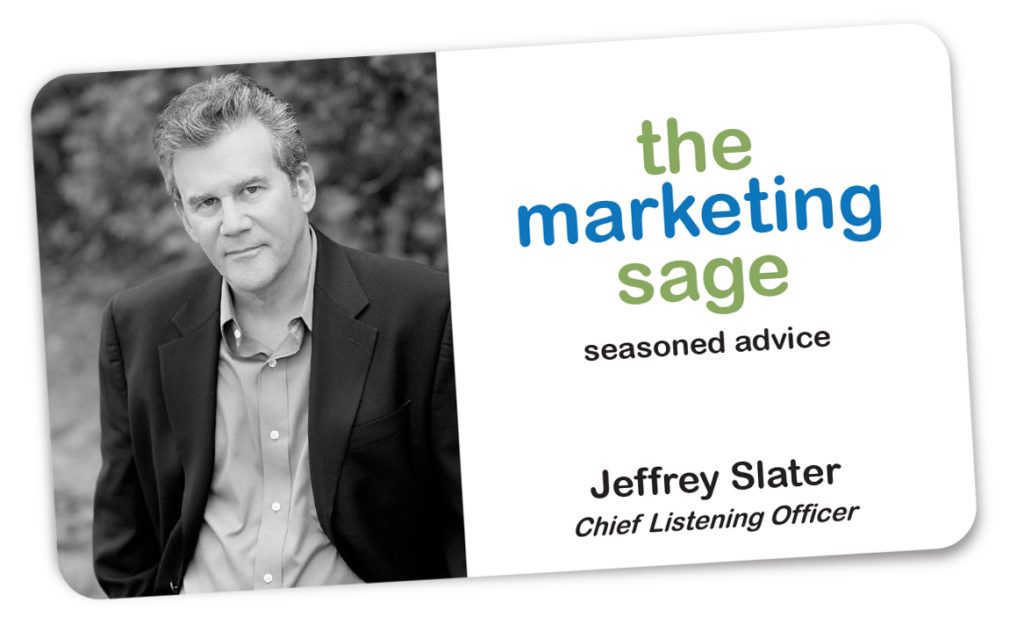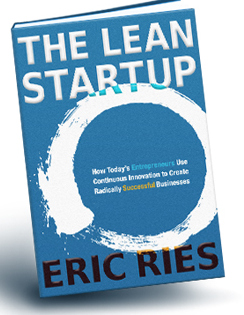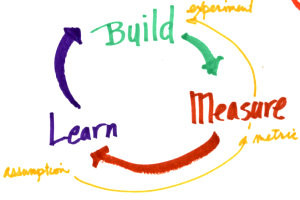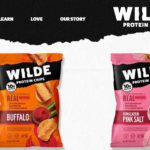In Eric Ries’ book LEAN STARTUP, he promotes an idea that is incredibly valuable for startups and more mature businesses. The MVP or minimal viable product allows you to get a product in front of customers as quickly as possible to test your hypothesis.
“The MVP is that version of the product that enables a full turn of the Build-Measure-Learn loop with a minimum amount of effort and the least amount of development time. The minimum viable product lacks many features that may prove essential later on. However, in some ways, creating an MVP requires extra work: we must measure its impact… Remember, if we’re building something that nobody wants, it doesn’t much matter if we’re doing it on time and budget.” (p77)
I like this approach as it reminds me of the folks at IDEO and how they think about design thinking. Here are three reasons this is so smart:
First, no product can be fully researched to success. You need the customer’s voice, providing you with input quickly so that you can see flaws in function or feature. And you need this voice early and often. With the advent of 3-D printing, you now have the ability to show a sample, get feedback, revise, and do it again and again.
Second, this approach acknowledges that you want to find a problem and solve it, not market a product to make people buy it. Old school marketing approaches the world by marketing things people may not want. This approach allows you to market something that your target truly needs and wants. In Ries’ model, you bring a hypothesis (in the form of a product or service) to a customer to interact with.
Third, it takes time out of the process. This iterative approach is very healthy for readjusting and realigning the need. It allows the marketing or product manager to say – we have too many features in our product and it is only the basic products where we should enter the market. Or it informs the product manager that they have plenty of features – just not the ones the target wants. This fits the need with features nicely.
Ries’ approach is a scientific method that reflects the real-world needs of start-ups and even those charged within the bigger organization to develop the next product or service. He refers to this “Build/Measure/Learn” approach that creates a quick feedback loop. There is a clear recognition of how the real world works.
My favorite quote is when he addresses an important question, which I am paraphrasing…
“The question isn’t can it be built? The real question is should it be built?” (p273)
That is the question everyone startup and product manager needs to ask every day, especially if you want to get to the Hall of Fame.
This article on how to build an app MVP, https://www.
Note: When I am not reading and reviewing books on marketing, start-ups, and business models, you can find me unraveling the mysteries of marketing. Won’t you sign to receive these through email? Thanks.
You can set up a time to chat with me about your marketing challenges using my calendar. Email me jeffslater@themarketingsage.com Call me. 919 720 0995. The conversation is free, and we can explore if working together makes sense.






